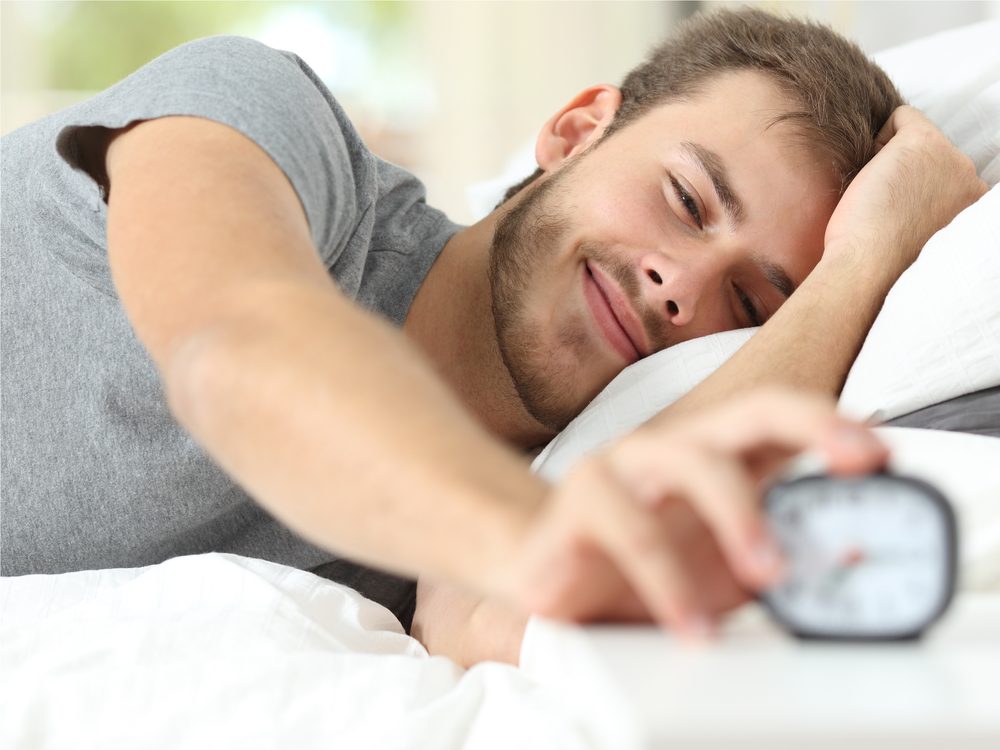
You may not need eight hours
The latest research shows the right amount of sleep is what leaves you energized the next day. I’m a sleep doctor, and I’ve been a six-and-a-half-hour sleeper my entire adult life.

Ditch the pyjamas
Sleeping in the buff lets your skin breathe and keeps your body cool, which makes it easier to fall asleep and sleep soundly. It also boosts intimacy. One study found couples who sleep naked are more likely to report being happy in their relationships.
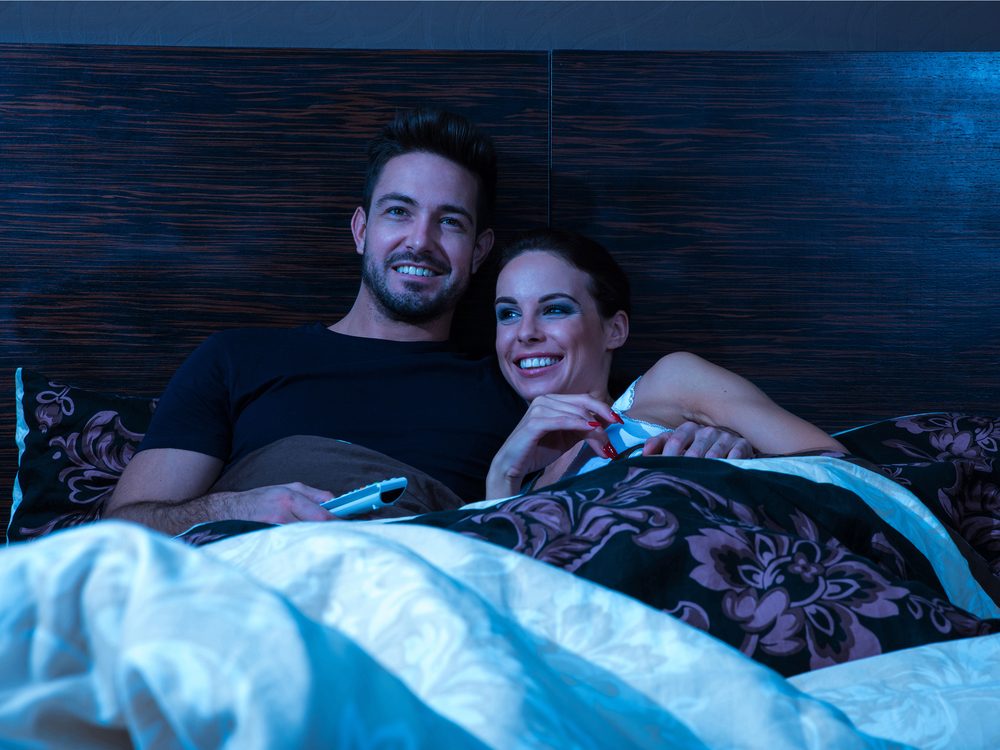
Go ahead and watch TV
I’ve cured more insomnia than you can imagine by telling people it’s OK to fall asleep with the TV on. A lot of people simply can’t turn off their brains, but watching TV helps. Put it on a timer so it doesn’t disrupt your sleep later in the night.
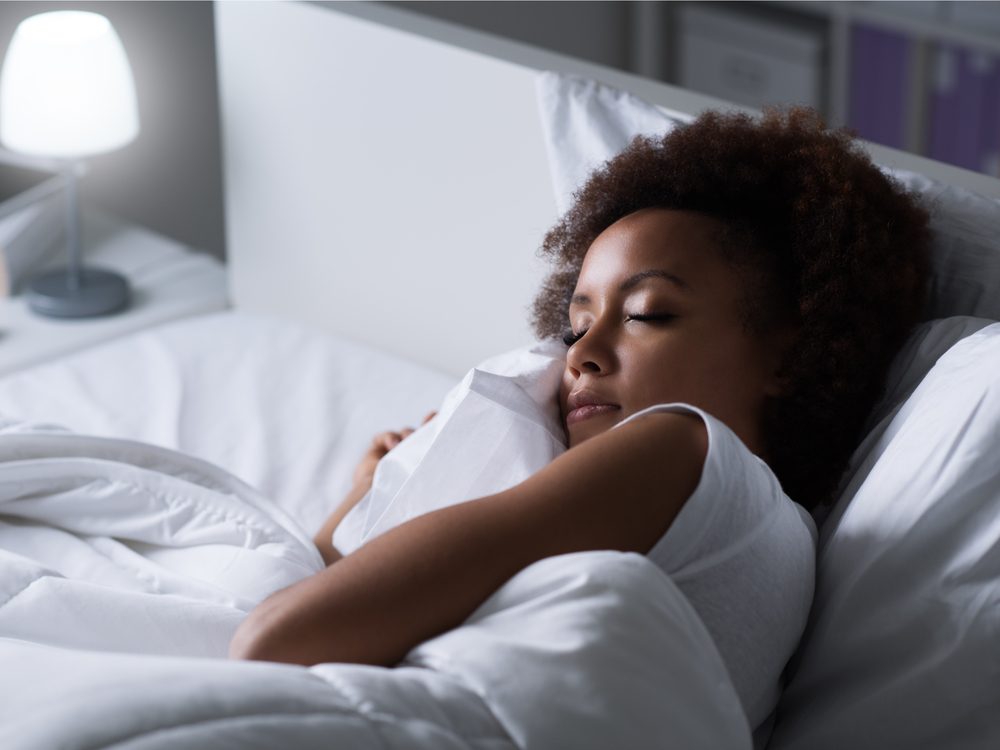
Everyone has sleeping quirks
Many people can’t sleep unless certain music is playing. Some adults always sleep with teddy bears. I even have one patient who has to shake a leg vigorously for 15 minutes while she falls asleep. I have no idea why, but it works for her.

A nightcap doesn’t work
Alcohol may relax you so you nod off quicker, but studies show you’ll wake up more and get less of the REM sleep you need to feel rested.
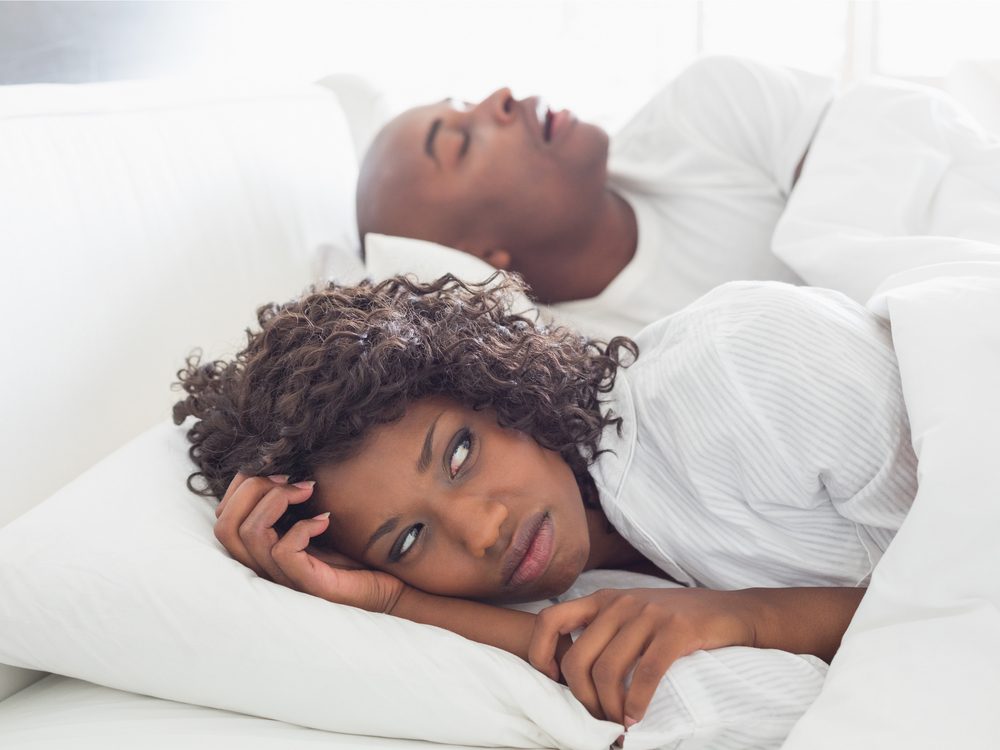
There’s an easy cure for snoring
Have a snoring bed partner? Hidden allergies are a big cause of snoring. Congestion narrows nasal passages, creating the vibrations that cause snoring. A decongestant or an antihistamine can help quiet it.
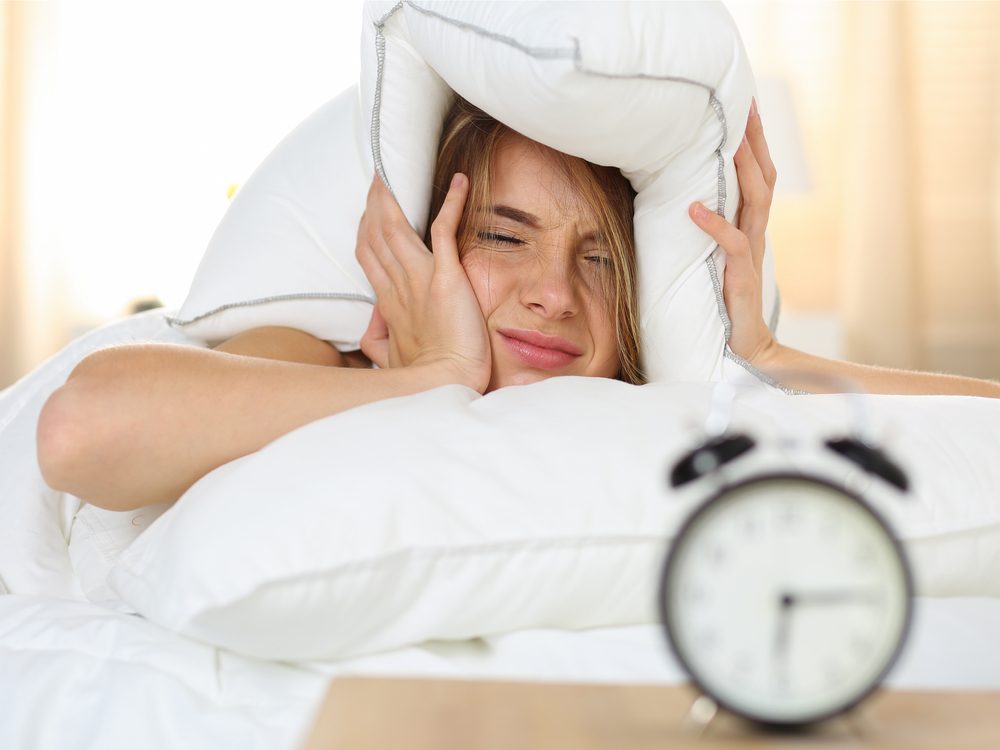
Yes, you can go to bed too early
One woman was worried because she woke up every day at 4 a.m. and couldn’t get back to sleep. But when I asked her what time she went to bed, she said 8 p.m. In certain cases, you don’t have insomnia—you’re just going to bed too early.
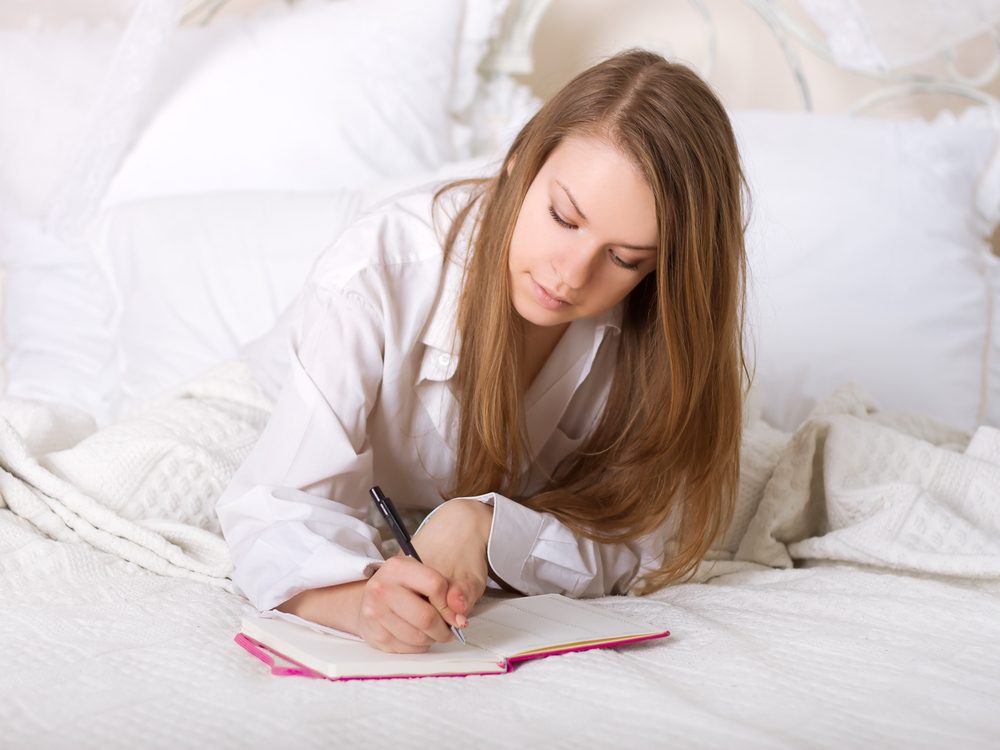
Write to stop worrying
To calm a racing mind, write down your worries and how you’ll address them tomorrow. Then try a mental exercise to occupy your brain, like counting up by sevens.
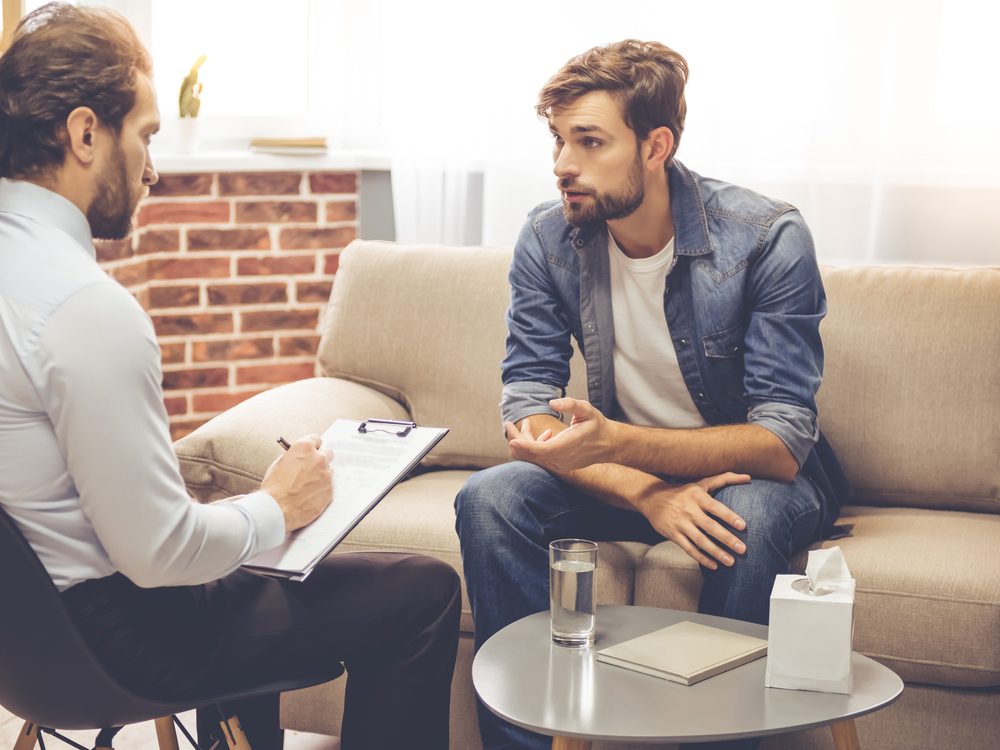
You might need therapy, not drugs
If you have insomnia, consider a referral to a clinical psychologist who specializes in sleep. He or she will use an effective technique—cognitive behavioural therapy—that gets to the root of the problem. Some studies show it works better than drugs.
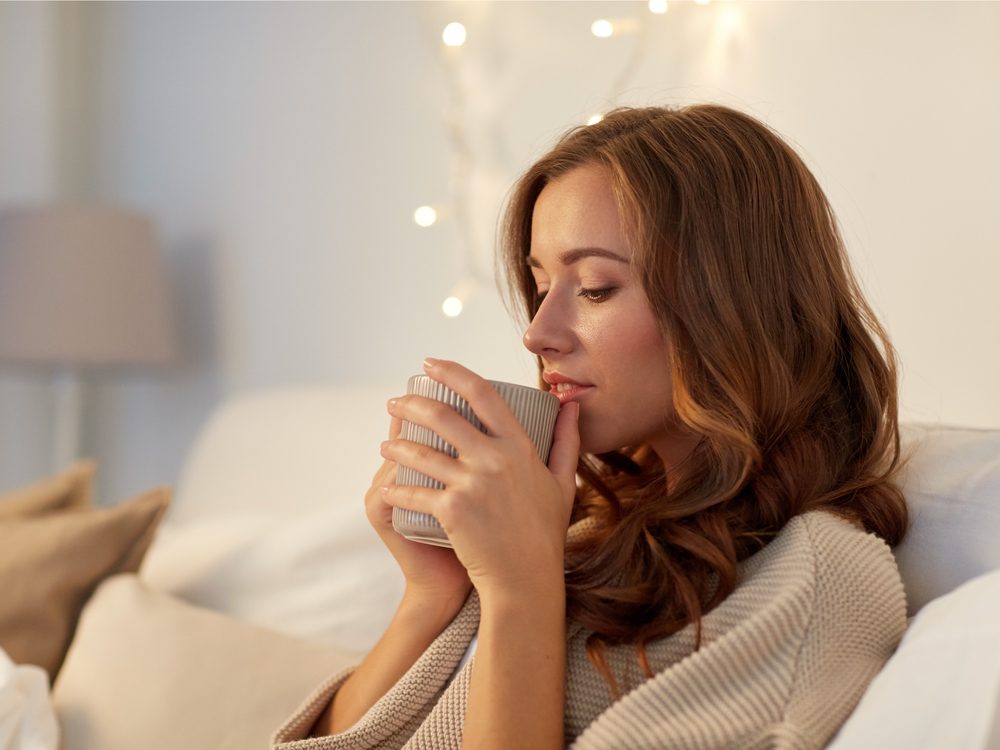
No one is immune to caffeine
Even if you can easily nod off after a cup of joe, the caffeine keeps you in light stages of sleep. During sleep studies, we see a difference on your electrocardiogram (a recording of your heart’s electrical activity) from just one cup of coffee.
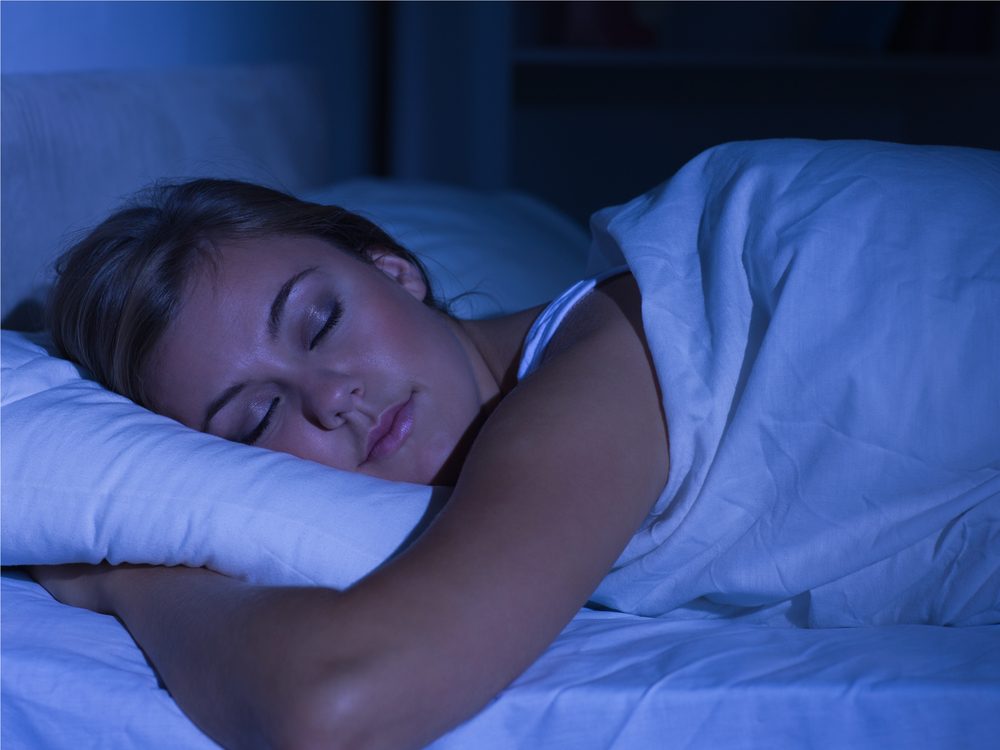
Never sleep in this position
Sleeping on your stomach is the worst position for your neck and spine. The best? Health experts agree that it is on your back with a pillow under your knees for support.

There are plenty of weird sleep disorders
Most people have no idea how many strange sleep disorders there are. People with REM sleep behaviour disorder act out violent dreams. Those with sleep paralysis are awake but can’t move for a few seconds to a few minutes. Those with exploding head syndrome experience loud noises in their heads as they transition in and out of sleep.
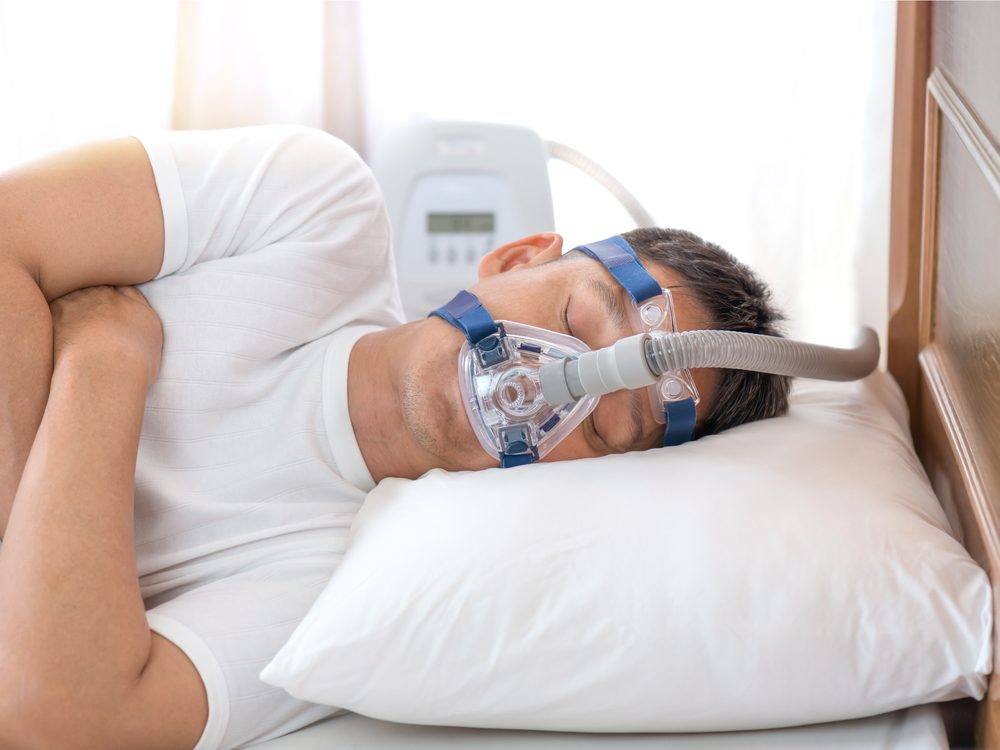
Sleep can change someone’s life
I once treated a State Bureau of Investigation agent who was taken out of the field because he fell asleep during stakeouts. He had severe sleep apnea, so I put him on a CPAP machine (which delivers constant air to the nose). Two weeks later, his wife hugged me and said, “Thank you for giving me my husband back.” As they walked out, she handed me a stack of papers and said, “I won’t need these anymore.” It was their divorce papers. That kind of story is why I’m a sleep doctor.
Sources: Board-certified sleep specialists Stephanie Silberman, PhD, in Fort Lauderdale, Florida; Muhammad Najjar, MD, at Northshore Sleep Medicine in Evanston, Illinois; Meir H. Kryger, MD, former chair of the National Sleep Foundation; and Michael Breus, PhD, author of Good Night: The Sleep Doctor’s 4-Week Program to Better Sleep and Better Health.